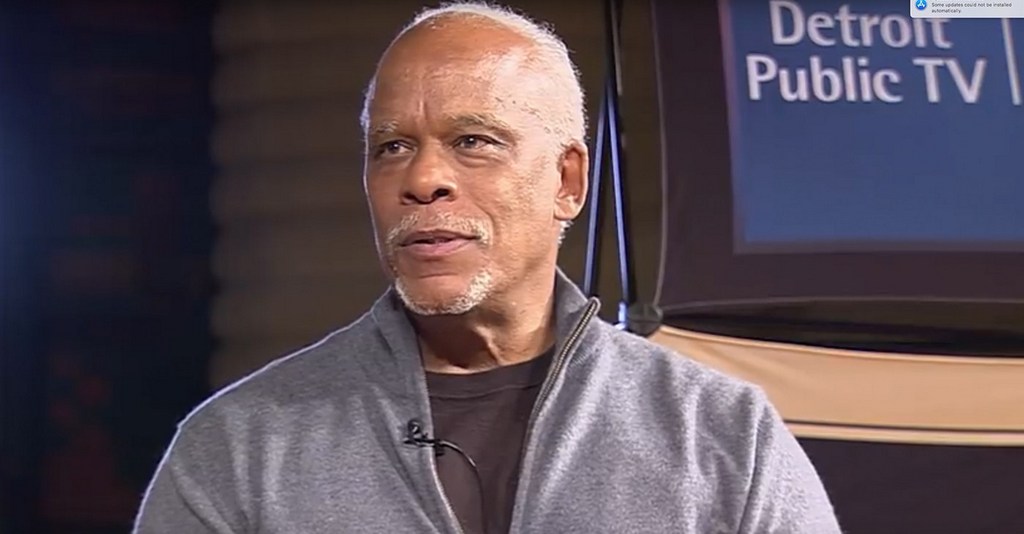[ad_1]
By Stacy M. Brown, NNPA Newswire Correspondent, @StacyBrownMedia
Acclaimed filmmaker Stanley Nelson and his production company Firelight Films announced that, “Creating the New World: The Transatlantic Slave Trade,” will air on PBS in 2021.
The four-part documentary will be the final installment in Firelight’s three-part series for Independent Lens, called America Revisited, which began with “The Black Panthers: Vanguard of the Revolution,” the first comprehensive historical documentary on the iconic organization, and “Tell Them We are Rising: The Story of Black Colleges and Universities,” which chronicled the 150-year history and impact of HBCUs.

Both films garnered the highest African-American viewership for any Independent Lens broadcast, according to a news release.
The announcement comes just as the country begins to mark the 400th anniversary of the arrival of enslaved Africans to colonial Virginia in August 1619.
The date commemorates the deep impact the transatlantic slave trade would have upon the founding of the United States.
“The transatlantic slave trade was a crime against humanity that took place across centuries and reached every corner of the globe,” said Nelson whose most recent work included, “The Black Press: Soldiers Without Swords.”
“It’s impossible to understand the modern world without a grasp of the transatlantic slave trade.
The business of buying and selling human beings shaped economic, social and political institutions; established racial and geographic hierarchies; and entrenched wealth disparities,” Nelson said in a news release.
In four one-hour programs, each covering a defined historical period and featuring a specific voyage as its narrative spine, the series explores the demographic, economic and moral transformations wrought by the slave trade, African participation and resistance to the trade, the business of the trade and the experience of enslaved people at the heart of the trade.
Leveraging the latest scholarship, forensic science and recently unearthed archival material found across four continents, the series will challenge widespread popular misconceptions about the slave trade.
The documentary will serve as centerpiece of an ambitious audience engagement and educational campaign beginning this year and continuing through the broadcast in 2021 on the public television series, Independent Lens.
The campaign aims to catalyze a new conversation about race; the enduring legacy of centuries of forced migration, enslavement and subjugation; and the wealth that was created – and denied to African-Americans – as a result of the trade.
The engagement campaign will create ongoing opportunities for education, reflection and engagement through public programming, in high school classrooms, and online through a robust interactive website.
The campaign will feature partnerships with national and international organizations, events in ten U.S. cities in collaboration with PBS stations and cultural and educational institutions, standards-based curriculum for high school social studies, and resources for teachers and facilitators leading conversations in local communities.
“In the United States, current debates about Confederate monuments, reparations for descendants of enslaved people, and systemic racial inequality can be traced to enduring fault lines around the legacy of slavery,” Nelson said.
“In order to grapple with this painful legacy, we must first understand it,” he said.
[ad_2]
Source link
